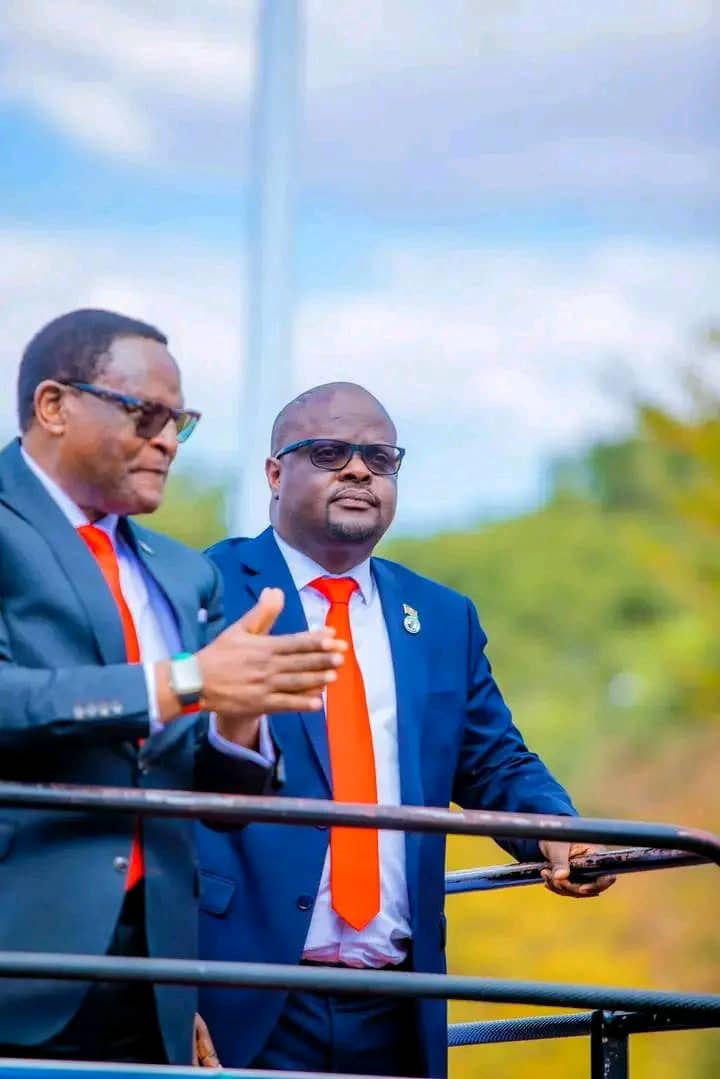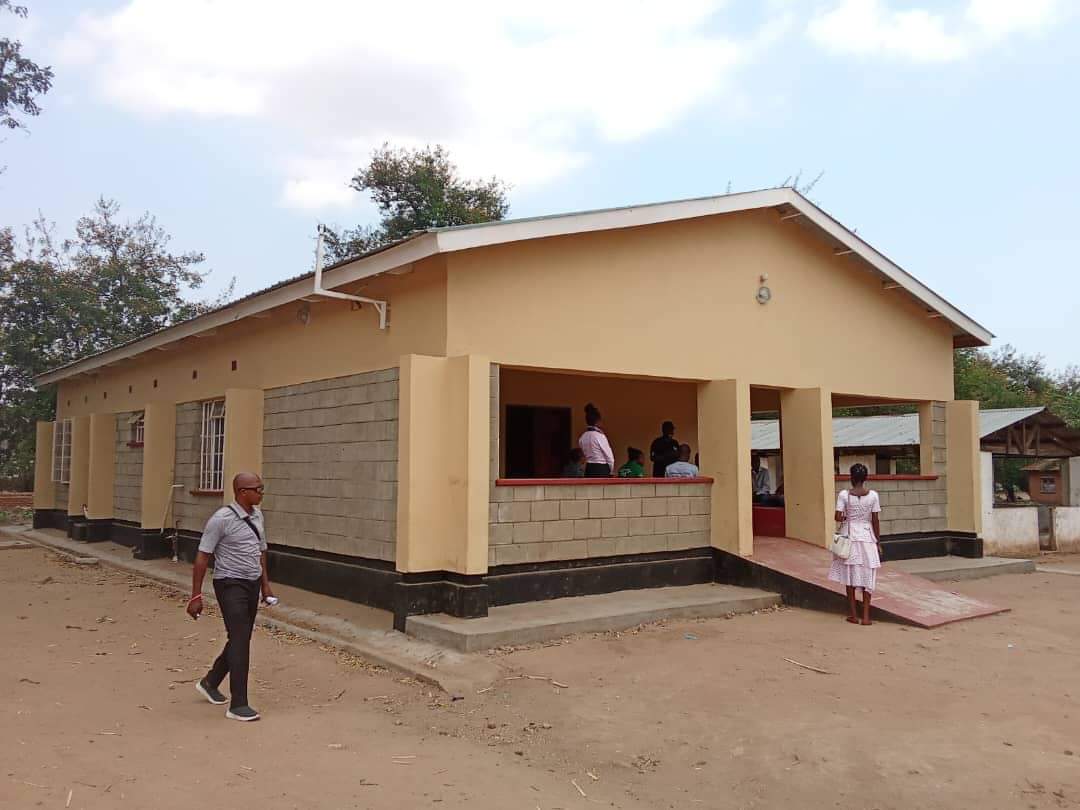By Burnett Munthali
President Lazarus Chakwera has assigned Minister of Trade and his presidential running mate, Vitumbiko Mumba, to lead Malawi’s delegation to the 45th Southern African Development Community (SADC) Summit in Madagascar.
The decision has raised eyebrows because Vice President Dr. Michael Usi, who constitutionally holds the country’s second-highest office, has been noticeably sidelined from this high-profile diplomatic engagement.
Excluding the Vice President from representing Malawi at such a critical regional summit reflects a broader challenge of managing leadership amidst political differences within coalition governments.
In political alliances like the Tonse Alliance, balancing loyalty, constitutional authority, and public perception is central to sustaining both governance and internal cohesion.
Historical lessons from Malawi politics provide a valuable reference, particularly the experience of Saulos Chilima and President Peter Mutharika.
When Chilima broke away from the DPP to form the UTM party, he worked with opposition parties such as the MCP while retaining his office as Vice President, complete with full security and official privileges.
Despite the political friction, Mutharika remained calm, did not suspend Chilima, and refrained from confiscating his security detail or other institutional resources.
This precedent shows that it is possible for a sitting president to manage political differences without marginalizing constitutional officeholders, thereby maintaining the integrity of governance structures.
By contrast, the current sidelining of VP Usi could be perceived as a politicization of state protocols, which risks undermining both coalition unity and public confidence in the executive.
The SADC Summit, themed “Advancing Industrialisation, Agricultural Transformation, and Energy,” offers Malawi a platform to advance regional economic agendas, integrate policy frameworks, and strengthen diplomatic ties.
Marginalizing the Vice President not only diminishes Malawi’s internal representation but also raises questions about decision-making transparency and respect for institutional hierarchy.
Coalition politics demand that leaders exercise strategic inclusion, recognizing that sidelining key officeholders can exacerbate internal tensions and signal favoritism rather than merit-based decision-making.
VP Usi’s exclusion could have long-term implications for governance, as it may embolden political rivalries, erode trust among coalition partners, and create public perceptions of executive overreach.
Ultimately, Malawi’s leadership must learn from past precedents, balancing political ambitions with constitutional responsibilities, ensuring that coalition dynamics do not compromise the stability, credibility, or effectiveness of government.
Handling intra-coalition differences with tact, respect, and institutional awareness is essential if the Tonse Alliance is to maintain cohesion and public confidence ahead of future political challenges.
The sidelining of VP Usi serves as both a cautionary tale and an opportunity for the government to demonstrate mature coalition leadership, showing that political disagreements can coexist with constitutional respect and effective governance.




